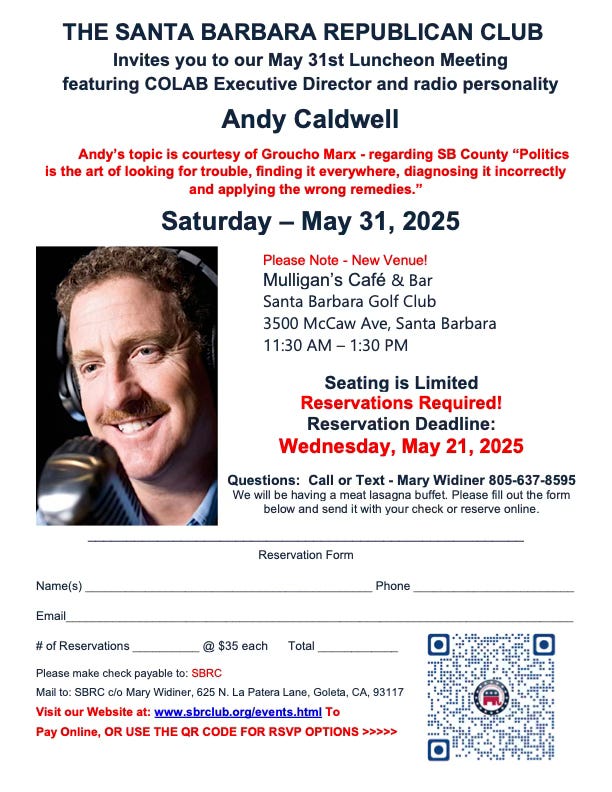Before outlining some of the 100 new laws/regulations passed in the most recent legislative session in Utah, here are a few things you should know about the state.
First, Utah is not only the most Republican state in the union, but it is also an open carry state; individuals 21 years of age or older can openly carry loaded firearms without a permit; 18-20 year-olds can openly carry unloaded firearms. It is legal for a person 21 years of age or older to carry a loaded handgun in their vehicle, provided they are legally entitled to possess a firearm. However, rifles, shotguns, and muzzle-loading rifles must be unloaded unless the person has a Utah Concealed Firearm Permit. Individuals under 21 years of age cannot carry a loaded firearm in a vehicle. Utah even boasts of an official state firearm: the Browning Model M1911 automatic pistol. The gun’s designer was Utah native John Browning.
Concealed Firearm Permits (CFP) are offered to individuals interested in reciprocity to carry in other states. Sawed-off shotguns are illegal, but possession of a machine gun is not.
Secondly, Utah is generally ranked No. 1 for the quality of the health care it offers and provides and is regularly voted the Number-one state for livability.
The New Laws/Regulations
What follows is just some of the laws and regulations enacted in the last legislative session of the Utah Legislature just two months ago.
Utah became the first state in the country to ban fluoride from public water systems. That ban goes into effect this Wednesday (14 May). Another bill bans certain food dyes and additives from being served at school.
Utahns can no longer use food stamps to buy soda. Before that ban is fully implemented, however, Utah needs permission from the federal government. When and if it receives that permission, using food stamps to buy soda will no longer be an option.
Dog owners can no longer be liable if their animal hurts someone who is trespassing on their property.
Taxes
For the fifth year in a row, lawmakers cut the income and corporate tax rate. Starting Wednesday, that rate will be 4.5%. As of Wednesday, taxpayers can contribute money directly to the Utah Food Bank when they pay their income taxes. They will also be allowed to give money directly to a fund to provide diapers for families in need. A new law raises the income limit on seniors from $75,000 to $90,000 that removes the state portion of Social Security.
In response to a child abuse case, parents are now required to set aside the money their children make acting or creating content on social media and put it in a trust. There is also a new path for kids to get social media content removed when they become adults.
Crime and Policing
Utah has outlawed sexual activity with a child using virtual reality. “Ashley’s Law” increases the minimum prison time for someone convicted of raping an incapacitated adult. It will now be a first-degree felony to produce, distribute or traffic fentanyl in the state. It also becomes a first-degree felony to traffic humans for sexual exploitation. Criminal penalties for recruiting minors to join street gangs have been enhanced.
Utah has increased the penalties for some misdemeanors to 365 days in prison, making it easier for Immigration and Customs Enforcement to deport migrants, while another bill institutes mandatory minimum prison sentences for those convicted of criminal reentry into the United States after being deported. HB183 restricts migrants who are seeking political asylum or who have been granted temporary protected status from owning or purchasing firearms.
Utah is laying the groundwork for bringing nuclear power to the state. It creates the Nuclear Energy Consortium to advise on nuclear development and recommend appropriate regulations for nuclear power.
Elections, Transparency, and Governance
By 2029, voters will need to opt in to receive a mail ballot and must return that ballot with the last four digits of their state identification number. Elected officials are now barred from sending mailers using public funds in the months before an election.
As of Wednesday, Destroying a public record that is subject to a pending record request will be a crime.
Social Issues and Education
Beginning Wednesday, both “Pride” and “Make America Great Again” flags will be banned from being flown in public school classrooms or at government buildings.
Inmates won't be able to initiate gender-related surgeries or hormone treatment while in prison. Inmates will be required to be housed in facilities matching their biological sex.
Aiming to get more high school students into career and technical education programs, Utah will support "catalyst centers" across the state.
Housing and Homelessness
Unsanctioned camping on state land — including in Salt Lake City and other municipalities — will now be a class C misdemeanor.
Counties will be required to provide first responders with a list of addiction treatment and mental health providers, which also encourages first responders who reverse an overdose to refer individuals to those services immediately. The law aims to lessen the impact of the opioid crisis on homeless individuals.
Judges are no longer able to give tenants extra time to move out after they are given an eviction order. Judges are only required to give tenants three days to clear the premises, unless both the landlord and tenant agree otherwise.
Some new affordable homes will not be required to have a garage, which eases some parking restrictions for deed-restricted owner-occupied dwellings.
California Dreaming
If this state had a legislature that would or could attack its problems and difficulties with such common-sense proposals and thoughtfulness as these Utahns…. But, of course, then it wouldn’t be California at all, would it?
Take a look at COLAB’s latest video, “The Great Fee Heist”






What “Helping” Really Means
I volunteered at the Santa Barbara Rescue Mission a few years back as a spiritual mentor. Every Thursday, I’d meet for lunch with Mike, a resident in their recovery program. The program director had a straightforward request for me: “Show him what normal looks like.” I couldn’t help but laugh—“The only thing normal in my life is a setting on my Maytag dryer!”
Over time, those lunches became meaningful for both of us. We grew together—Mike in his recovery and me in understanding what transformation really looks like.
One day, I asked him a question that had been on my mind: “What should I tell people who ask how to help the homeless?” His answer was eye-opening.
“Wally,” he said, “tell them to stop giving us cash, food, or clothes. They think they're helping, but really, they’re just helping us commit slow suicide. Most of us must hit rock bottom before we’re ready to change. Handouts delay that moment. If people want to help, they should support places like the Rescue Mission—places that can help us rebuild our lives.”
Mike’s words stuck with me. They echo a truth that too many communities overlook, especially here in California. Ignoring fundamental laws around camping, vagrancy, and panhandling while offering handouts might feel compassionate, but in reality, it can be deeply damaging. Compassion without accountability doesn’t heal; it prolongs suffering.
That’s why I applaud Utah voters for recognizing a hard truth: homelessness isn’t a housing problem—it's a social problem—and it’s an inhumane way for anyone to live.
And the other law Utah changed recently was to eliminate the right to collective bargaining for public employee unions. Seems genius but simply logical.